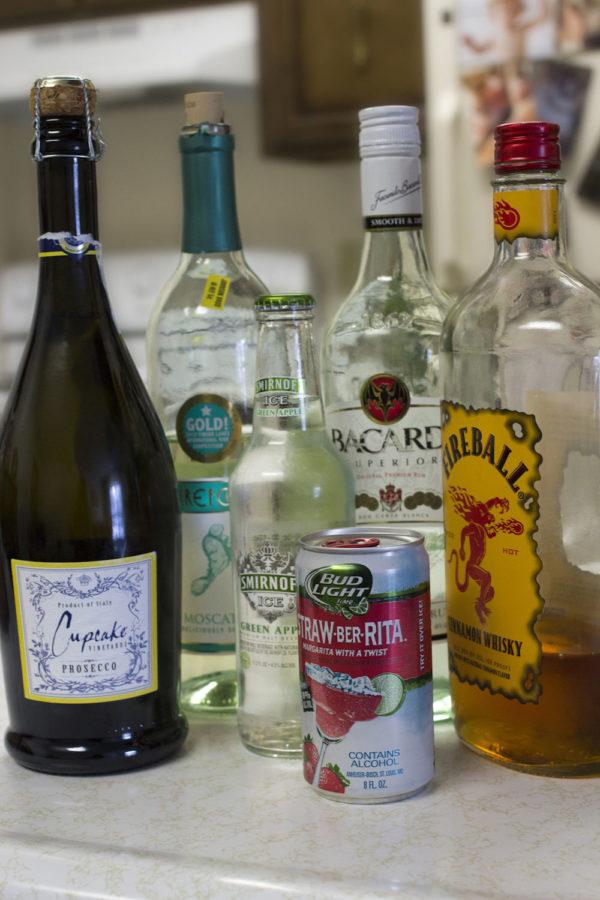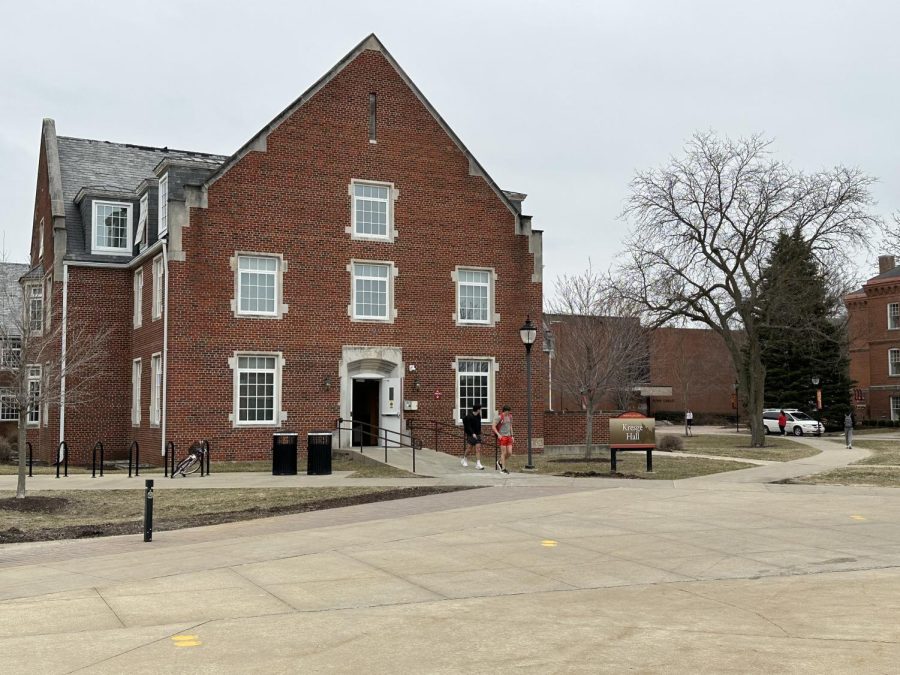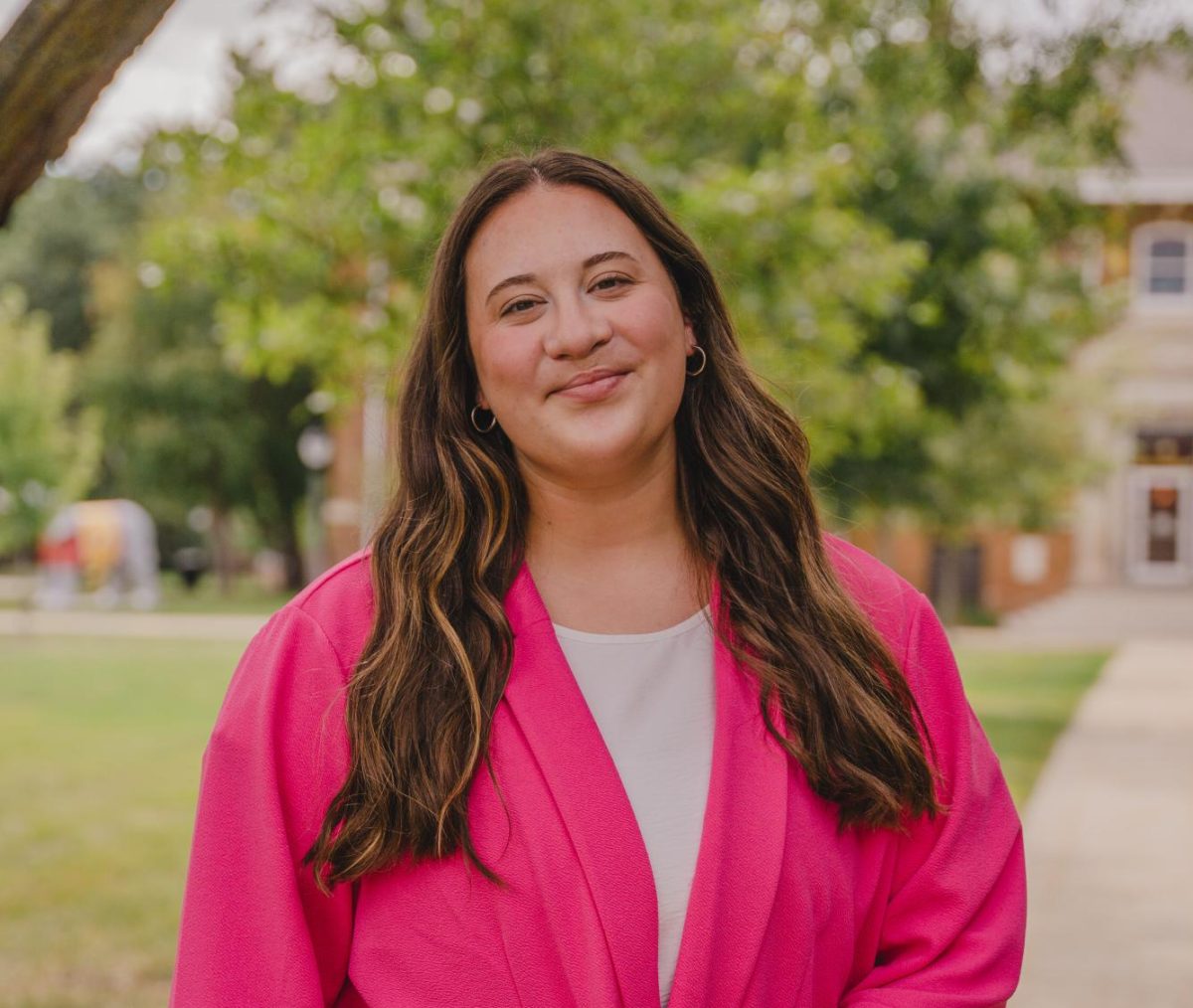Dartmouth liquor ban may not be enough to end sexual assault
February 11, 2015
Sexual assault is one of the biggest issues facing universities and colleges today. Dartmouth College in New Hampshire recently banned hard liquor and students must go through mandatory sexual assault courses each year. Simpson College has groups that provide meetings and education during the first week of classes. They also have dry buildings and areas, but some think it might not be enough.
According to a 2013 report from the National Institute of Alcohol Abuse and Alcoholism, 1,825 college students between the ages of 18 and 24 die each year from alcohol-related unintentional injuries. The report said 97,000 students are victims of alcohol-related sexual assault or date rape.
Here on campus, Sexual Assault Response Advocates (SARA), is the main resource for awareness and help regarding sexual assault. SARA always has someone on call for any emergency. They are on campus for support, knowledge and information about sexual assault.
Even with this resource, Dartmouth’s model could be one Simpson looks at.
Jordan Kenkel, a senior at Simpson and the president of SARA said, “I think incorporating education on sexual assault is a must, however, I think four years of education is a rather extensive amount of time.”
Kenkel explained the response advocates are required to have 30 hours of educational training. He is also looking forward to the new May Term course as another resource.
“Students are also presented with information regarding sexual assault prevention during the welcome week activities each fall,” Kenkel said.
Kenkel said while sexual assault happens on every campus, not just Simpson, the issue can be tackled with more awareness. While he couldn’t share numbers due to confidentiality purposes, he said the significance of knowing what resources students have can’t be downplayed.
“I just want to stress that I, along with the fellow SARAs, are here for anyone in need of our services,” he said.
Alcohol can be a contributor to assault and accidents. Dartmouth banned alcohol from their campus, thinking that its removal will contribute to a safer environment. Ellie Olson, director of counseling services and SARA adviser said she was neutral to the idea of having the ban.
”It depends on why they are doing it,” Olson said.
Bans may seem like a bit too much for some.
“Can alcohol be a factor in sexual assault? Absolutely, but I don’t necessarily think it needs to be ban. It’s going to be very hard to tell a bunch of 21-year-old students they can’t drink,” Kenkel said.
Students need to be aware about how they are acting and what they are doing when drinking and try to handle themselves and their alcohol intake in a safe way.
“I have seen a shift on this campus from when SARA started so I think that tells me that we and other communities, because that’s also about what people are bringing in with them, are doing a better job of educating people about sexual assault than we used to do,” Olson said.
Education is a major piece of today’s society. That is why there are many forms of education for everything. For sexual assault in particular SARA is there to help. Alcohol is a part of college, but sexual assault shouldn’t have to be.






